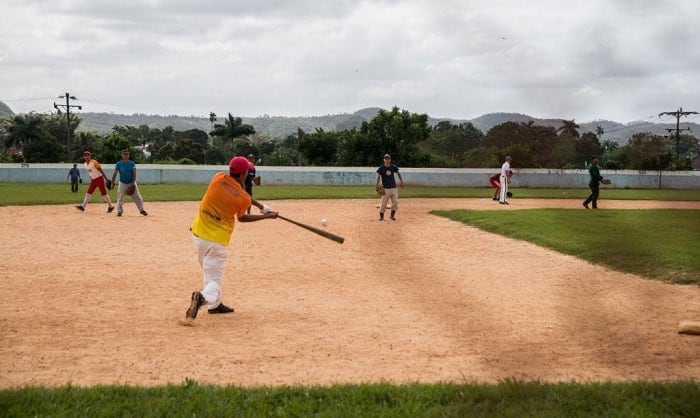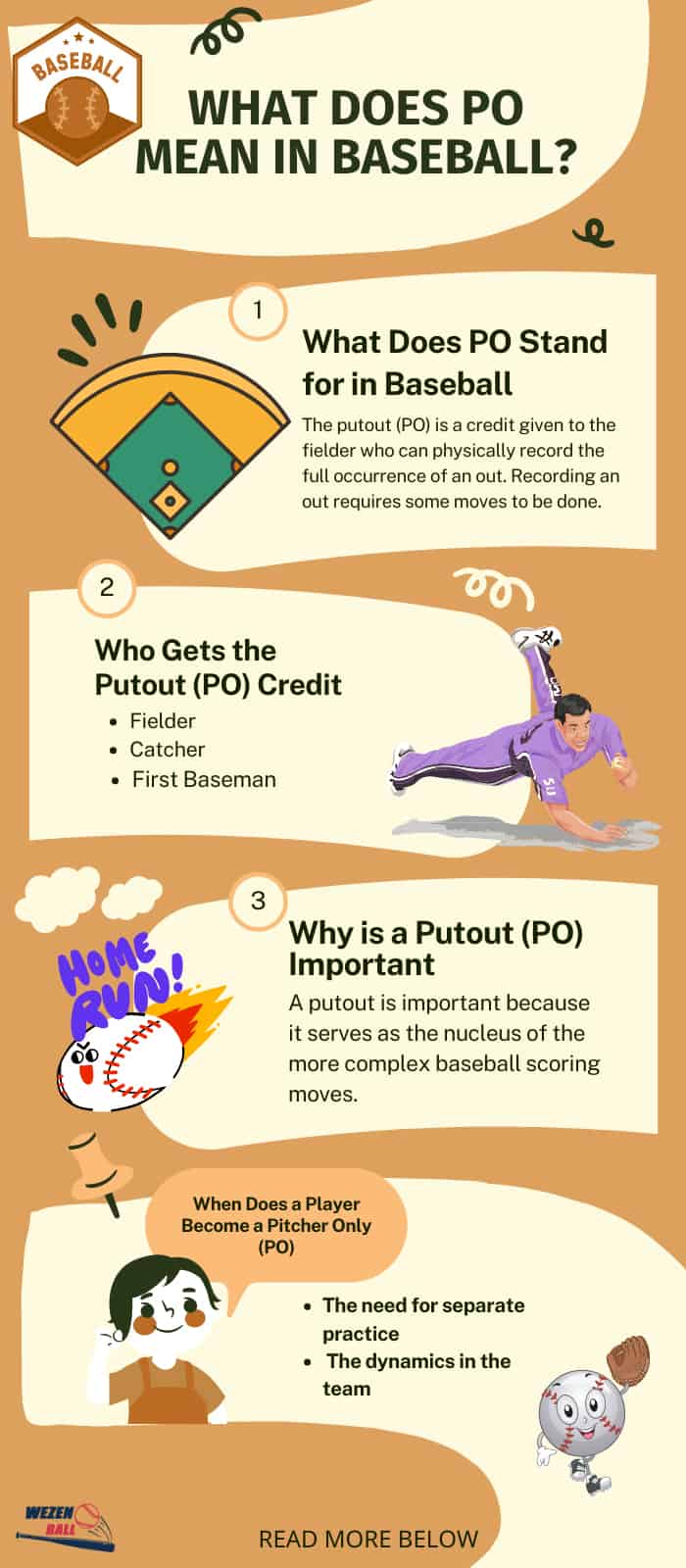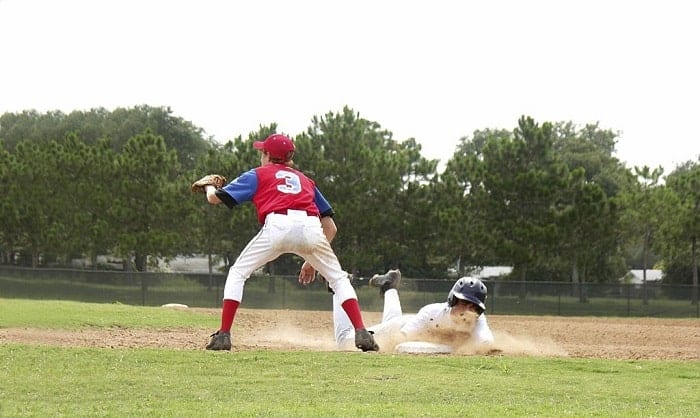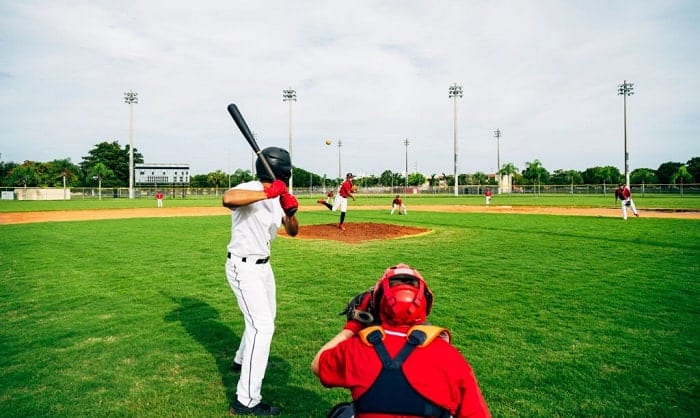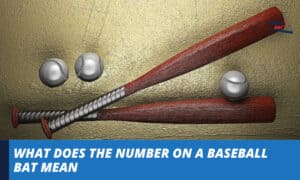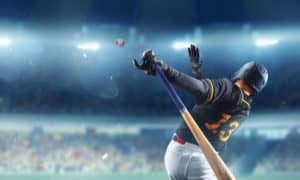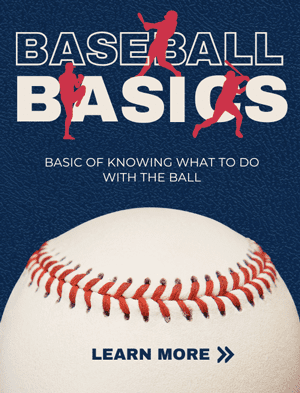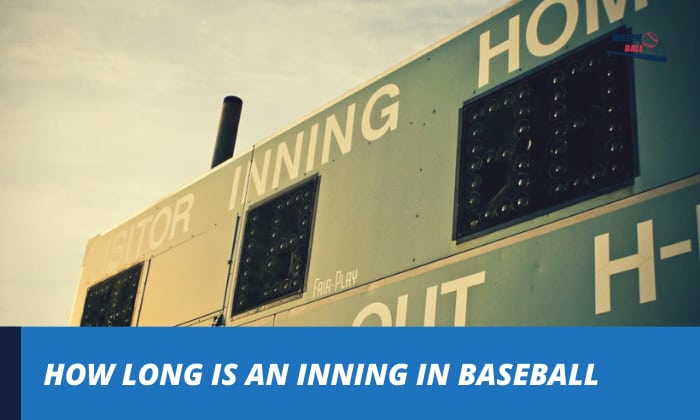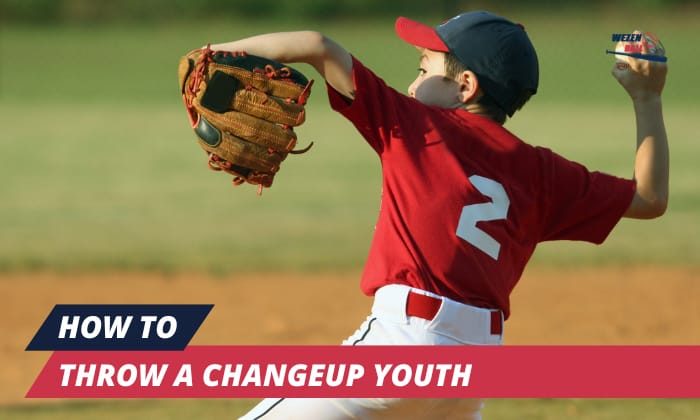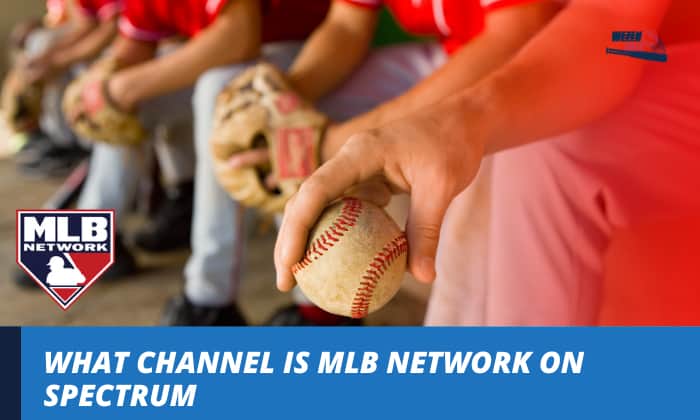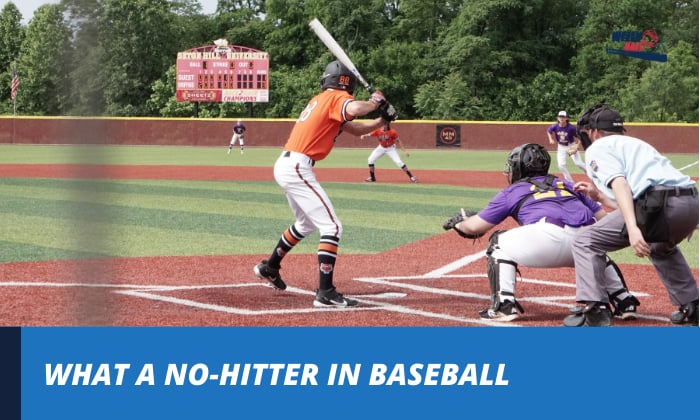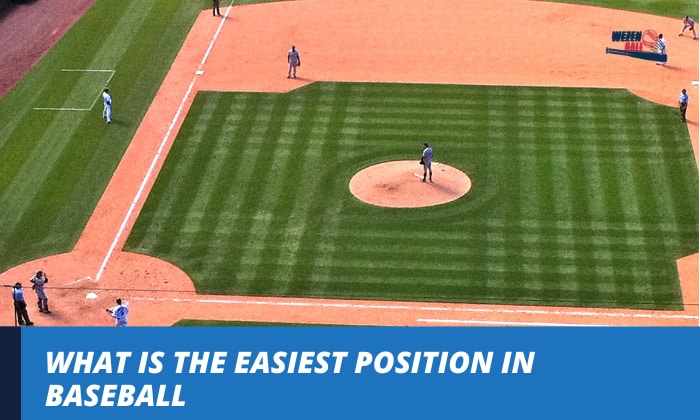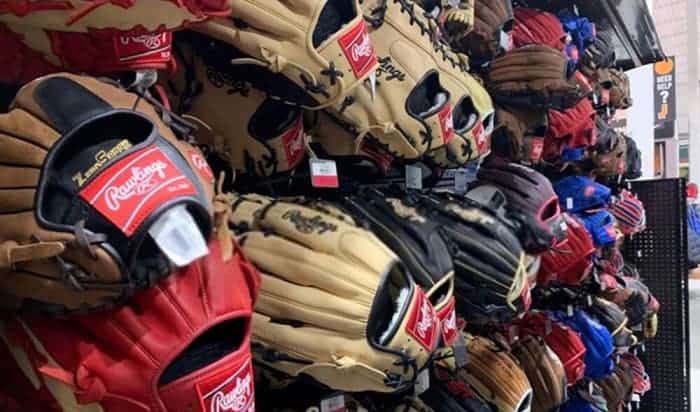Like most games, baseball works in a system of codes, gestures, and abbreviations. Answering the question “what does PO mean in baseball” should serve as the first step for immersing into the game.
As you go further, you will eventually realize that more signals and codes make up the interactions in the game. Learning is a never-ending process.
And learning, most of the time, requires doing and experiencing the dynamics surrounding the PO rules.
Contents
What Does PO Stand for in Baseball
The abbreviation PO in baseball translates to two things: “putout” and “pitcher only”.
The putout (PO) is a credit given to the fielder who can physically record the full occurrence of an out. Recording an out requires some moves to be done.
These moves include tagging a runner, touching the base during forceout, catching the third strike, standing closest to the runner who committed an interference, and catching a batted ball. Only an official scorer can give the fielder a PO privilege though.
The pitcher only (PO), on the other hand, indicates that a player focuses strictly on doing the pitcher’s role and does not get to bat or hold other positions in the field.
Who Gets the Putout (PO) Credit
The following players can earn putout credit:
- Fielder: A fielder is essentially a defense player. Besides the fielder, a pitcher defends the base by keeping the offense team from assuming the running position. They can only do this by recording an out from the opposing team.
Fielders are seen wearing a glove on their non-dominant hand, with their dominant hand throwing the ball.
Other than the putout (PO), fielders can also get an unassisted putout. This credit transpires from certain events like stepping on a base during a forceout & getting a ground ball, or tagging a runner. In this case, the rule says the fielder cannot earn the assist credit.
Whereas, if the fielder receives the ground ball and immediately passes it to a teammate, calling an out on the opposing team, he gets to earn an assisted putout credit. At this point, the fielder will have bagged in a point from both “putout” and “assist” moves.
- Catcher: A catcher has several duties throughout the game. A catcher receives a putout when he can catch pitches that yield strikeouts.
Catchers & first basemen generally secure the highest PO baseball score!
- First Baseman: The first baseman (1B), besides fielding the first base, manages the events that transpire in the area nearest to it, including the succession of baserunners.
If a first baseman receives throws on ground-ball outs, he will be credited with a putout.
Why is a Putout (PO) Important
A putout is important because it serves as the nucleus of the more complex baseball scoring moves. It particularly helps the official scorer in determining the highlights, outputs, and fates of the teams in the game.
Through the PO or putout baseball instances, the scorer can come up with a detailed report intended to cover the batter’s movements from being left on base, scored, or put out.
Once the scorer has finalized the report, he can finally make conclusions about a team’s plate appearances and prove that is equivalent to all the moves the team earned throughout the game — runners left on base, overall outs earned by the team, and the overall runs.
Another reason it’s important to note putouts is the fact that they make a baseball match flow fluidly. Without any physical effort of recording an out, securing points for either team would prove impossible to do!
In a way, the call for a putout eases the official scorer’s job.
When Does a Player Become a Pitcher Only (PO)
A player can get the pitcher-focused position depending on the coach’s nod. It is always the coach that decides who and when a player becomes a pitcher only (PO).
When a coach designates a player to the PO position, that does not mean that the player is not strong enough to play other positions in the team. The coach assumes the leeway to decide if someone gets the PO for strategic purposes.
Some players can multitask, from becoming a batter to a baserunner, to a fielder, etc. A few, on the other hand, work perfectly in a PO position.
Even the officiality of the designation could change over time depending, again, on the decision of the team’s coach.
For better understanding, let us look into the scenarios that potentially put the player in the pitcher-only role (note that all of these scenarios are justified as strategic decisions by the coach).
- The need for separate practice: Coaches see the assigning of the PO role as a privilege to the player.
In most cases, the pitcher role falls to a player transitioning from a little-minor league (rookie) into a major league (advanced).
Since the major league games tend to be more competitive — not to mention that the starting pitcher role is deemed one of the most important and difficult roles in baseball, a more mature player would now naturally require a good amount of pitching exercise separate from the team.
This circumstance should come off as advantageous to the player, especially since not everyone in the team is given ample training time.
If the coach eyes you as an asset for pitching, he would see to it that you get frequent separate practices.
- The dynamics in the team: The coach cannot randomly pick players for the PO role. His job requires that he analyzes not only the members of his team but their synergy as well.
The relationship between the members of the team plays a crucial part in their overall performance and eventual win.
Sometimes, coaches would switch positions between players and choose one to focus on as PO. At other times too, the coach would simply stick to a fixed team.
All of the decisions made by the coach should supposedly serve the benefit of the team.
Conclusion
So what does PO mean in baseball? It is either “putout” or “pitcher-only”.
Accordingly, the putout is a credit given to the fielders, catchers, basemen, etc. who have accomplished certain moves during the game.
The pitcher-only is a position given by the team’s coach (based on a number of reasons) to a player who is to focus solely on pitching.

Five years as a baseball player, my training approaches with this game give me the motivation to inspire and support young players more. Like all sports, we should start with the desire to have fun and maintain our resilience to strive better at any competition. But, of course, some of us want to have some fun and train for better health. It does not matter what your initial purpose is; I believe that most people ever holding on to the baseball bat will fall in love with the games as I do.



